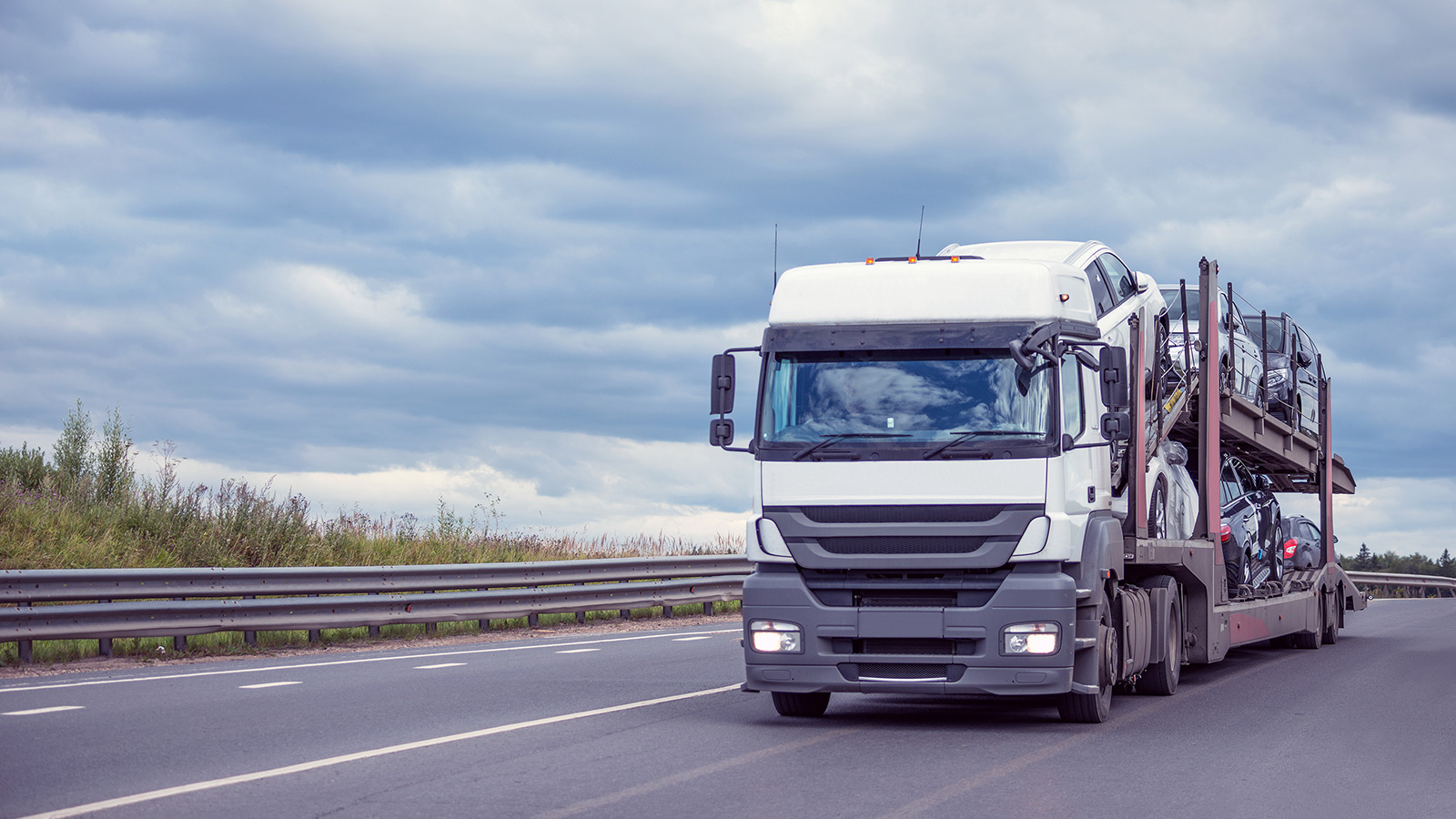Shipping Electric Vehicles in Virginia: Guidelines
The increasing adoption of electric vehicles (EVs) in Virginia is reshaping the transportation landscape, creating new opportunities and challenges for vehicle shipping. Unlike traditional gasoline cars, EVs require specialized handling because of their high-voltage batteries and unique regulatory environment. For anyone planning to ship electric vehicles in Virginia, understanding the latest guidelines and best practices is essential to ensure safety, compliance, and efficiency.
Unique Considerations for Shipping Electric Vehicles
Electric vehicles are powered by lithium-ion batteries that demand careful attention during transportation. These batteries can pose fire risks if damaged, improperly charged, or exposed to extreme conditions. Therefore, shipping EVs requires adherence to strict safety protocols that differ from those for conventional vehicles.
One key recommendation is to maintain the EV’s battery charge between 45% and 65% before shipping. This range minimizes the risk of thermal runaway while providing enough power to move the vehicle if necessary during loading or unloading. It is also important to avoid charging the vehicle during transit unless absolutely necessary, and if charging is required, only manufacturer-approved cables and connectors should be used.

Because EVs are generally heavier than traditional vehicles due to their battery packs, transporters must use appropriate equipment and securing techniques to safely handle the additional weight. Proper ventilation and monitoring during transport are also crucial to prevent overheating.
Regulatory Environment in Virginia
Virginia has experienced significant shifts in its electric vehicle policies in recent years. Initially, the state adopted California’s Advanced Clean Cars regulations, which mandated aggressive zero-emission vehicle (ZEV) targets. However, starting January 1, 2025, Virginia will no longer enforce these stricter California EV regulations and will instead follow federal emissions standards. This policy change reflects concerns about consumer choice and infrastructure readiness, as well as political decisions emphasizing state autonomy.
Despite this shift, Virginia still requires that converted electric vehicles—those modified from internal combustion engines to electric propulsion—be registered with the Virginia Department of Motor Vehicles (DMV). These vehicles must pass safety inspections and be properly labeled as “Converted Electric.” Additionally, any vehicle shipments exceeding Virginia’s size or weight limits require hauling permits to ensure safe road travel.
Best Practices for Shipping EVs in Virginia
Partnering with an experienced auto transport company is critical when shipping electric vehicles. Fast & Safe Auto Shipping company in US is one such provider that understands the unique demands of EV transport and Virginia’s evolving regulations.
Before shipping, vehicle owners should:
-
Ensure the battery charge level is within the recommended range.
-
Remove all personal belongings and disable alarms.
-
Inspect the vehicle for any visible damage or leaks.
-
Confirm that the vehicle is clean and ready for transport.

During shipping, carriers should avoid charging the vehicle unless absolutely necessary and use only approved charging equipment. Open carriers are commonly used for domestic EV shipments, but enclosed carriers may be preferable for added protection against weather and road debris.
Infrastructure and Future Outlook
Virginia is investing in expanding its electric vehicle infrastructure, including public charging stations along major highways, supported by federal funding programs. However, the pace of infrastructure growth and consumer adoption remains uneven, which influences both EV sales and shipping logistics.
The state’s recent decision to follow federal emissions standards rather than California’s more stringent mandates reflects a pragmatic approach to balancing environmental goals with market realities. This approach allows for a mix of electric, hybrid, and internal combustion engine vehicles in the market, providing consumers with more choices.
Finding Reliable EV Shipping Services in Virginia
For those looking to ship electric vehicles in Virginia, working with a knowledgeable and dependable shipping company is essential. Fast & Safe Auto Shipping company in US offers tailored services designed to handle the specific requirements of EV transport, ensuring compliance with Virginia’s regulations and prioritizing safety.
More detailed information on shipping electric vehicles in Virginia can be found at https://safecarhauling.com/virginia-car-shipping/
By following these guidelines and choosing experienced professionals, EV owners and dealers can ensure their vehicles are transported securely and efficiently, supporting Virginia’s transition toward cleaner and smarter transportation.